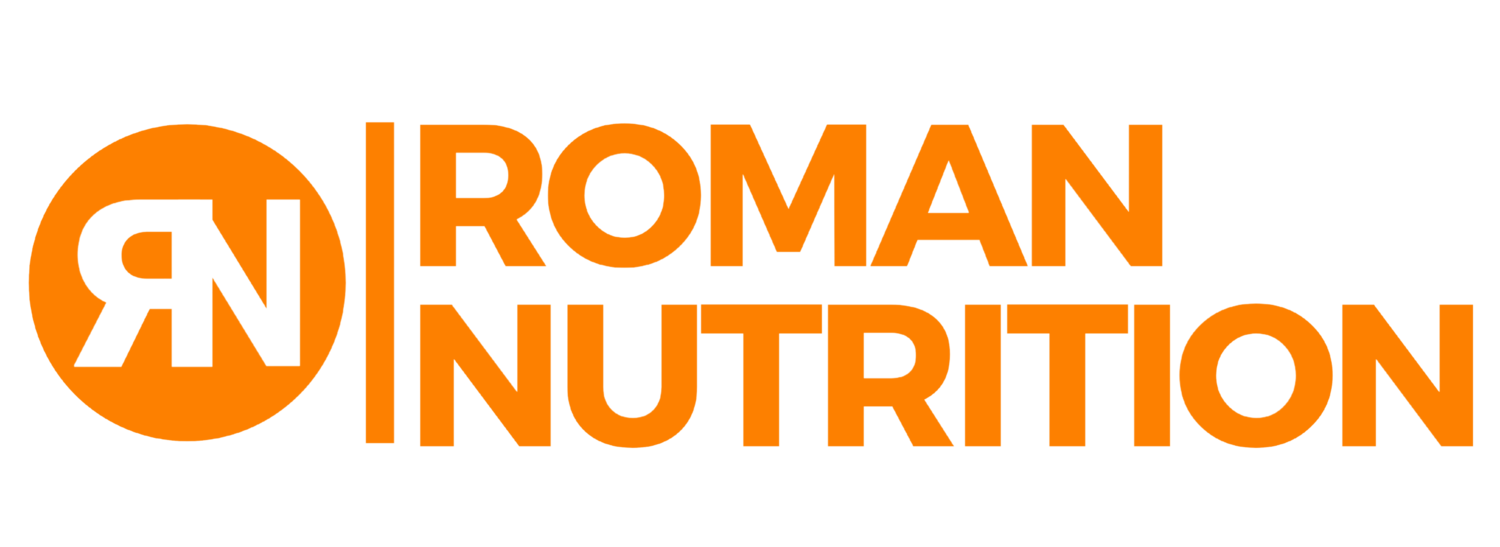Protein Timing for Muscle Gain: Does the Window of Opportunity Really Exist?
If you go to the gym, it’s more than likely that you would have been told by the really muscular guy in a stringlet, to drink a protein shake almost immediately after your workout. Or, at least, no longer than 30 minutes post workout otherwise, you’ll “waste your workout” and “lose your gains”. But does this ‘window of opportunity’ really exist?
The window of opportunity, being 30 minutes after your workout, is driven by bro science and clever marketing by the nutrition supplement industry. In fact, the window of opportunity is more like 24 hours and longer after a workout, and here’s why.
Muscle Protein Synthesis
After a training session, a natural process called muscle protein synthesis (MPS) occurs. MPS is a necessary process for driving exercise recovery and muscular adaptation AKA gains. As MPS is raised for more than 24 hours post-training, it is more important to focus on making sure you meet your protein needs consistently over the course of a day, ensuring your recovery nutrition is sustained in the days after your session.
If you focus only on post-workout protein and neglect recovery nutrition over the following days, you’re likely to be in a negative protein balance. This will affect your progress long term.
So why does protein intake need to be consistent throughout the day?
Protein balance AKA nitrogen balance is a term that describes protein metabolism. Basically, if your body is in a positive nitrogen balance, you’re consuming more protein than what your body is breaking down, commonly referred to as an anabolic state. Conversely, if you’re in a negative nitrogen balance, this means your body is breaking down more protein than what you are eating, known as a catabolic state.
So when aiming to gain muscle, or at least maintain your current muscle mass, your priority should be to consume an adequate amount of protein ideally spaced out evenly over the course of a day to maintain a positive nitrogen balance.
How much protein should I aim for?
The Recommended Dietary Intake (RDI) of protein is 0.84g/kg/day, however, for those who perform resistance training with the goal of gaining muscle, a good range to aim for is 1.6-2.2g/kg/day of bodyweight.
To put this into context, the protein requirement of a 75kg athlete training 5 times per week could range between 120-165g/day. This is only a guide and protein requirements differ for everyone, so it's best to seek the advice of an Accredited Sports Dietitian who can tailor to your needs.
A good amount of protein to aim for per meal is between 20-30g of protein. Here are some examples of meals & snacks that have ~20-30g of good quality protein.
BREAKFAST
3 whole eggs scrambled + 2 slices of wholemeal toast
LUNCH
Chicken & spinach sandwich: 80g chicken breast + 2 slices wholemeal bread
DINNER
100g cooked steak with vegetables
SNACK
Tuna (95g tin) with crackers + 2 slices of cheese
How often should I consume protein throughout the day?
As a general rule of thumb, aiming for 20-30g of protein per meal every 3-4 hours is a good frequency to aim for. However, if you have more than 4 hours between your meals, aiming for a slightly higher amount of protein would be ideal to make sure you’re meeting your daily protein needs. In this case, >40g protein would be a good amount to aim for.
How soon after my workout should I have protein?
When prioritising how soon after a workout you should have protein, keep in mind the general aim of having 20-30g spaced 3-4 hours apart during the day. The importance of how soon after a workout you should eat/drink protein post workout is largely dependent on when and what you ate beforehand. To put this into context, if you began your training session in a fasted state, it would be best to eat a post training meal with protein and carbs for refueling within 1 hour of finishing your session, whereas if you were well-fed when you began, aiming for your recovery meal within a couple of hours is more than appropriate.
Summary
The ‘window of opportunity’ for protein intake post-workout is 24 hours and longer. Focus should be placed on meeting your daily protein needs by consuming protein consistently throughout the day. Also, although this post talks exclusively about protein, it’s important to remember other key aspects of recovery nutrition such as refuelling (carbohydrates) and hydration. I’ll address these in a future post!

